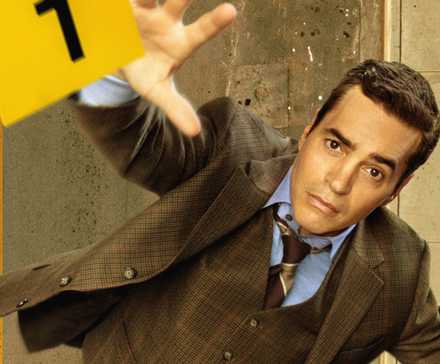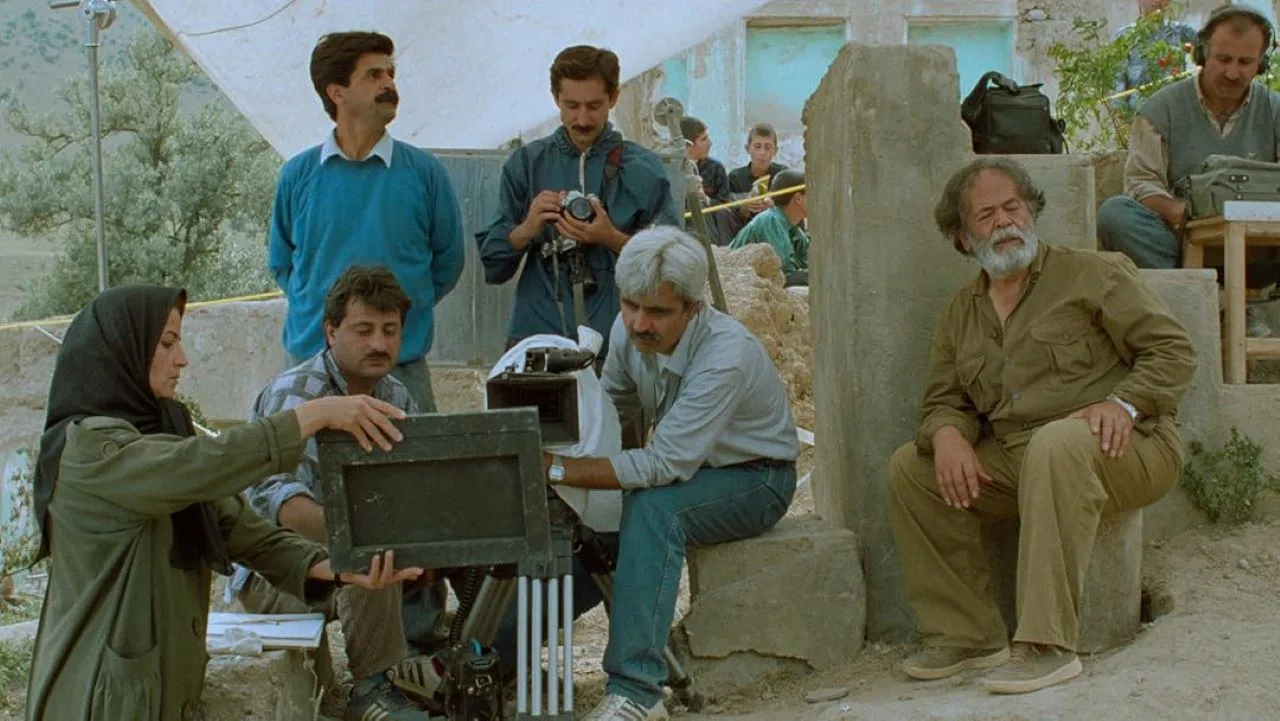[ad_1]
“King of Kings: Chasing Edward Jones” finds filmmaker Harriet Marin Jones working to uncover details of the life of her grandfather, Edward Jones. As a child, Edward moved with his family to Chicago during the Great Migration and would go on to become perhaps the richest African American in the entire country with a fortune calculated at hundreds of millions of dollars in today’s money. Having originally considered going into medicine, he, along with brothers Mack and George, soon went into business for themselves running a game known as Policy—a precursor to state lotteries in which players would put down a small amount of money on a daily number drawing in the hopes that they would pick the right one and win the payoff that was popular in Black neighborhoods. The amounts the players put in might have been small—which is why the game thrived even in the face of the Depression—but so many participated that Jones’ concern, which became the dominant one on the city’s South Side, was reportedly pulling in as much as $20,000 a day.
Although the game was, of course, illegal, Jones was largely left alone. Jones used the power and prestige brought on by his fortune to help establish the Bronzeville neighborhood into the center of Black-owned business in the U.S. at the time, solidify the increasingly important African-American vote, and associate with such luminaries as Josephine Baker and Duke Ellington. Although Jones was able to stave off attempted takeovers of the policy racket by the Italian mob run by Al Capone, an ill-fated venture with gangster Sam Giancana would prove to be his undoing, leading to the downfall of his once-thriving empire and a near-erasure from the local history books that would leave him an enigma even amongst his own descendants.
With little to go on in the official record, director Jones conducts her own investigation into her grandfather’s life, utilizing archival footage (including film of Jones testifying during the widely-seen Kefauver Committee hearings investigating organized crime), present-day interviews with historians, family members and people who knew him (featuring no less a figure than Quincey Jones, who first encountered him and his family as a young child), visits to the long-shuttered locations where he built his success and even a few striking moments of animation to boot. Although not exactly groundbreaking in terms of cinematic technique, the story that Jones recounts is so undeniably compelling that few will notice—it is the kind of grand and sweeping crime saga that seems tailor-made for a lavish screen treatment. At the same time, however, the film also works on a smaller and more intimate level; “King of Kings” is a story of someone exploring their familial roots and coming to terms with the unexpectedly vast and far-reaching legacy they manage to uncover along the way.
[ad_2]
Original Source Link


































































